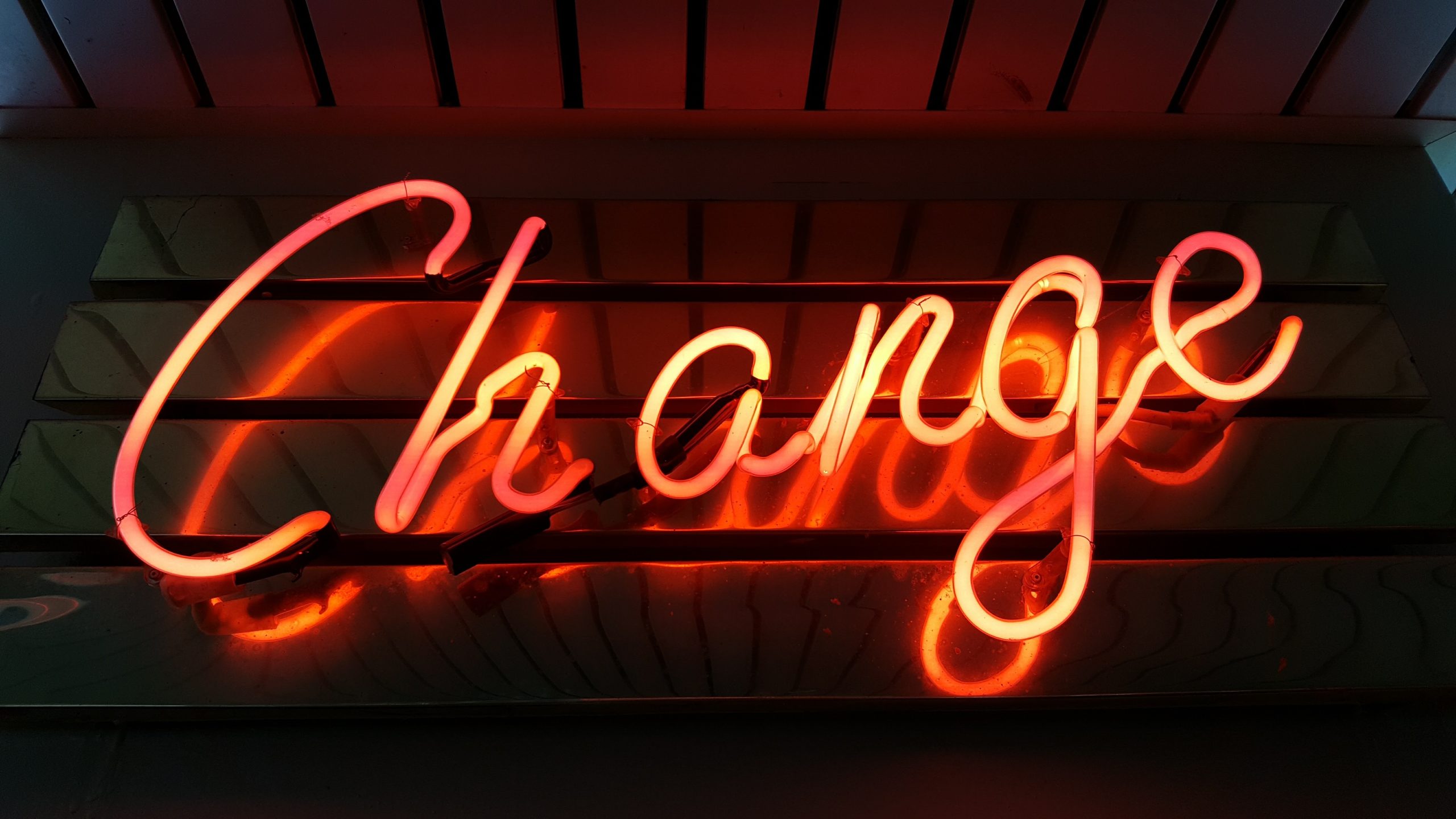Out of Body Experiences and Anxiety: Exploring the Connection
Out of body experiences, commonly referred to as OBEs, have fascinated human beings for centuries. Defined as a sensation of floating outside of one’s body, these experiences often occur spontaneously or during states of altered consciousness, such as near-death experiences, lucid dreaming, or meditation.
While OBEs can be awe-inspiring or even spiritual for some individuals, others may find them deeply unsettling, leading to heightened anxiety and distress. In this blog post, we will delve into the relationship between out of body experiences and anxiety, exploring potential causes, psychological and neurological factors, as well as coping strategies for those who experience anxiety related to OBEs.
Understanding Out of Body Experiences
Before delving into the connection between OBEs and anxiety, it’s crucial to grasp what these experiences entail. OBEs involve a perceived detachment from the physical body, allowing individuals to observe their surroundings from a different perspective. Many describe feeling as though they are floating above their bodies or existing outside of them entirely.
Out of body experiences can occur spontaneously, without any deliberate intent, or they can be induced consciously through practices like lucid dreaming, meditation, or astral projection. Individuals report a range of sensations during OBEs, which may include feelings of weightlessness, enhanced clarity of vision, and even encounters with spiritual entities.
Anxiety and the Phantasmal Body
For those who have experienced an out of body episode, anxiety often emerges as a common response. The sensation of detachment from the physical body, coupled with the unfamiliarity of the experience, can trigger fear, confusion, and existential distress.
One possible explanation for the anxiety associated with OBEs is a concept known as the phantasmal body hypothesis. According to this theory, the phantasmal body is an aspect of our self-identity that remains closely connected to our physical body. When this connection is disrupted during an out of body experience, it can lead to a sense of insecurity and anxiety.
Additionally, OBEs challenge our fundamental understanding of reality. They force us to confront the limitations of our physical existence and question the nature of consciousness and identity. This existential questioning can provoke anxiety as our core beliefs and sense of self are momentarily destabilized.
Psychological Factors Contributing to Anxiety
While the exact mechanisms behind the relationship between OBEs and anxiety are not fully understood, certain psychological factors may contribute to heightened anxiety during these experiences:
| 1. Previous Trauma: | Individuals who have previously experienced trauma, such as near-death experiences or incidents involving dissociation, may be more prone to experiencing anxiety during OBEs. |
|---|---|
| 2. Personal Beliefs: | Individuals with deeply ingrained beliefs about the nature of consciousness, the soul, or the afterlife may find OBEs particularly distressing, as these experiences challenge their existing worldview. |
| 3. Sensory Overload: | During the out of body state, sensory perceptions may be heightened or altered. This sensory overload can overwhelm individuals, leading to anxiety and a sense of loss of control. |
| 4. Fear of Unknown: | OBEs introduce individuals to unfamiliar and uncharted territories beyond the physical world. The fear of the unknown can evoke anxiety and a sense of vulnerability. |
Neurological Factors and Anxiety
Anxiety experienced during out of body experiences may also be influenced by various neurological factors. The brain’s involvement in OBEs is still a subject of scientific study, but several theories have been proposed:
- 1. Temporal Lobe Activation: The temporal lobes, known for their involvement in memory, emotions, and self-identity, may play a role in shaping the subjective experience of OBEs. Increased temporal lobe activity has been observed during OBE episodes, which could contribute to the associated anxiety.
- 2. Disruption of Multisensory Integration: OBEs often involve a disconnection between visual and proprioceptive information, which are typically integrated within the brain to produce a coherent sense of self. This disruption in multisensory integration may lead to feelings of disembodiment and anxiety.
- 3. Altered Temporal Binding: Our perception of time depends on the brain’s ability to synchronize different sensory cues. In OBEs, temporal binding mechanisms may be disrupted, resulting in an altered sense of time. This temporal distortion can contribute to anxiety.
Coping Strategies for OBE-Related Anxiety
If you experience anxiety during out of body experiences, it is essential to develop effective coping strategies that help manage and minimize distress. While individual preferences may vary, the following approaches have proven helpful for many people:
- 1. Education and Understanding: Learning more about OBEs, their potential causes, and the experiences of others can provide a sense of reassurance and normalize the phenomenon.
- 2. Mindfulness and Grounding Techniques: Practicing mindfulness meditation and grounding exercises can help anchor you in the present moment, reducing anxiety and enhancing a sense of safety.
- 3. Supportive Networks: Connecting with individuals who have a similar experience can provide comfort and an opportunity to share thoughts and coping strategies.
- 4. Therapy and Counseling: Seeking professional support from therapists knowledgeable about OBEs can offer valuable guidance and help navigate any underlying psychological concerns contributing to anxiety.
- 5. Gradual Exposure: Gradually exposing yourself to situations that trigger anxiety during OBEs can desensitize you over time. Taking small steps and working with a trusted practitioner can be beneficial.
Conclusion
Out of body experiences can be a bewildering and awe-inspiring journey beyond the confines of our physical bodies. However, it’s crucial to recognize that anxiety can often accompany these experiences, driven by a range of psychological and neurological factors. By understanding the potential causes of anxiety during OBEs and employing effective coping strategies, individuals can navigate these extraordinary states of consciousness with greater ease and peace of mind.
Remember, if you find the anxiety related to out of body experiences to be overwhelming or it begins to interfere with your daily life, seeking professional help from a mental health professional is always a wise decision.
Table of Contents
